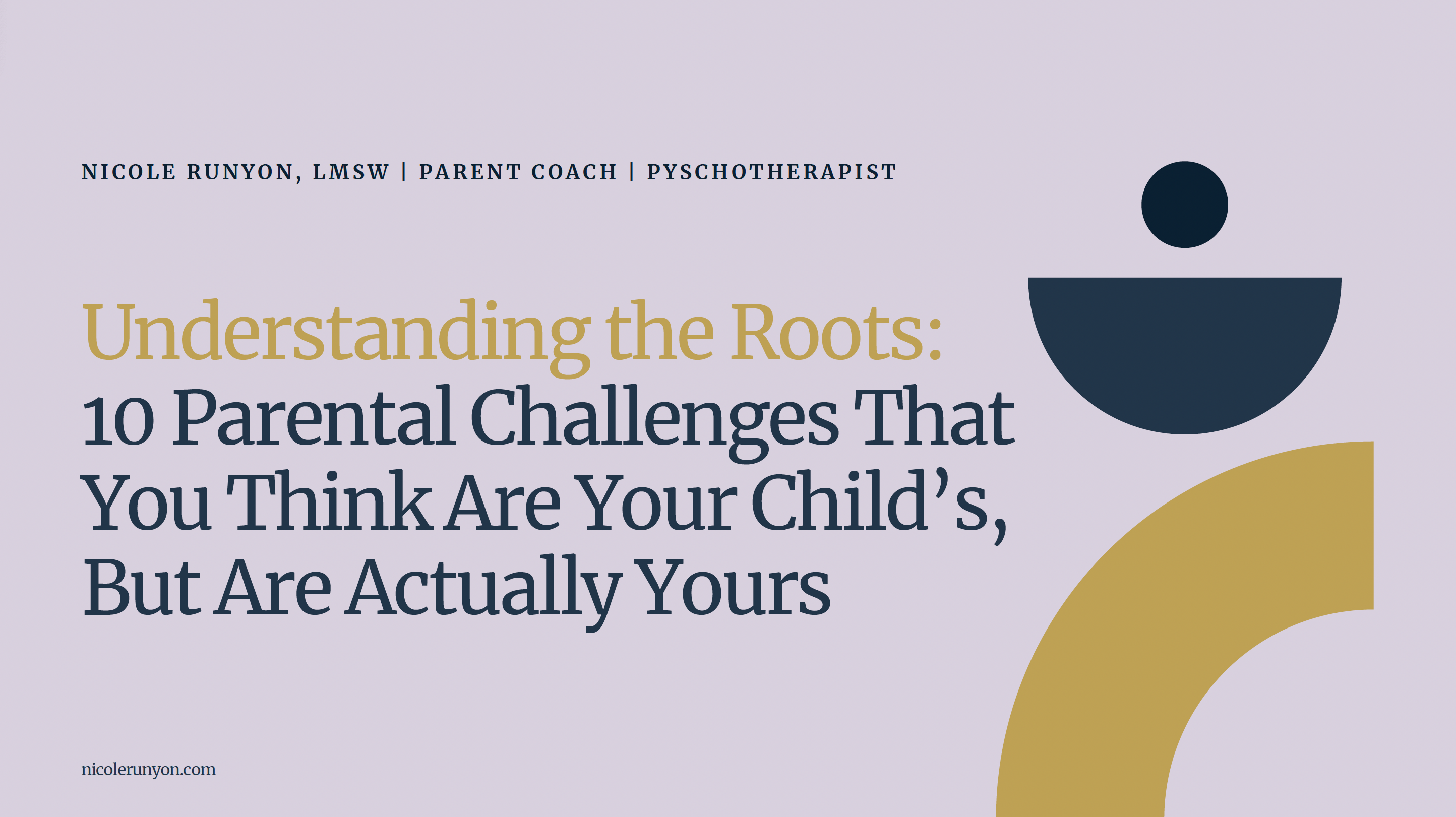I no longer focus on making diagnoses. It’s not about labeling the symptoms or identifying specific pathologies, whether it’s ADD/ADHD, anxiety, depression, OCD, or ODD. Instead, I prioritize understanding the underlying story that these symptoms are trying to tell us.
I delve into the narratives of those I work with. I explore the story of a child who struggles to turn in assignments (often associated with ADD). I uncover the story of a teenager who resorts to self-harm (typically linked to depression). I investigate the story of a child who frequently misbehaves and seems resistant to authority (often indicative of ODD).
All of these behaviors are manifestations of deeper issues. My approach involves digging deep to unearth the root causes.
For example, I view ADD/ADHD as a coping mechanism for children to disconnect from painful emotions. When they encounter something they dislike, find something too challenging, or have experienced trauma, their powerful and adaptable brains enable them to escape, to not be present, and to forget. ADD/ADHD, in my view, represents a set of symptoms conveying an underlying message. Introducing technology to a child already prone to disconnection can exacerbate the symptoms significantly.
Have you ever seen a deer caught in headlights? You’ll notice how it trembles, as it’s releasing the trauma. Humans, on the other hand, tend to dissociate from trauma as a survival mechanism. This dissociation is crucial for immediate reaction and avoidance of freezing, just like a deer. However, the problem arises when we fail to process that trauma and develop maladaptive ways of coping, many of which exhibit ADD symptoms.
What often happens next? A referral to therapy or a visit to a psychiatrist, which can inadvertently induce shame, as if something is inherently wrong or pathological. In reality, the symptoms are often quite explainable and can be addressed, though it’s not necessarily an easy process.
Are we taking the simpler path by giving children screens to escape with, sending them to therapy, and calling it a day? Just like canaries in a coal mine, children are sensitive to their environments. In my 20+ years of experience, I’ve discovered a multitude of reasons why children exhibit the behaviors they do.
Our children deserve more than just a diagnosis, therapy, and medications without deeper exploration of the underlying causes of their struggles. It’s evident that our current approach is not working. More and more children are entering the mental health system, which was already broken before the demand overwhelmed the supply. We lack the mental health infrastructure to meet this growing need.
It’s time to go deeper, to understand and address the unique needs of these children and to reform the solutions that clearly aren’t working.

